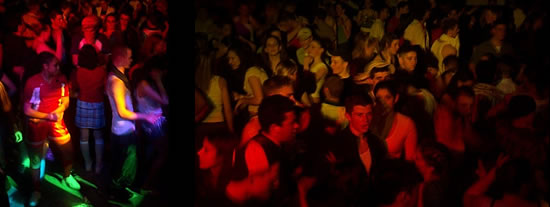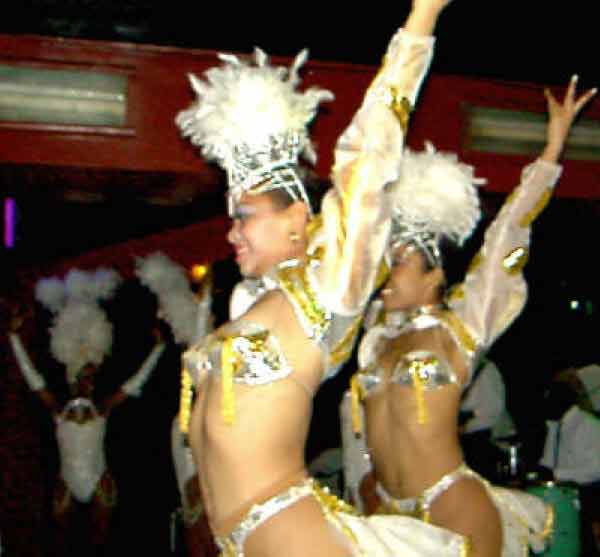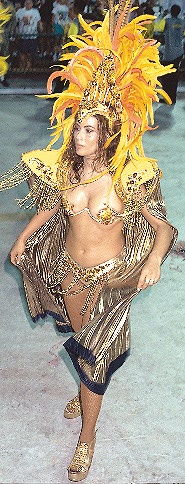
|
Rio de Janeiro Night Life ( NightLife ), RMC |
| Home | Recreation and Travel : Brazil | Rio de Janeiro Fashions in the News | Dance in Brazil | Contact Us | The Greater Samba Line ( Links ) | South American Fashions and Trendsetters Directory: | Students / Scholars Directory: |
|
Dance in Brazil
|
|
Enter subhead content here |
|
Enter content here |



